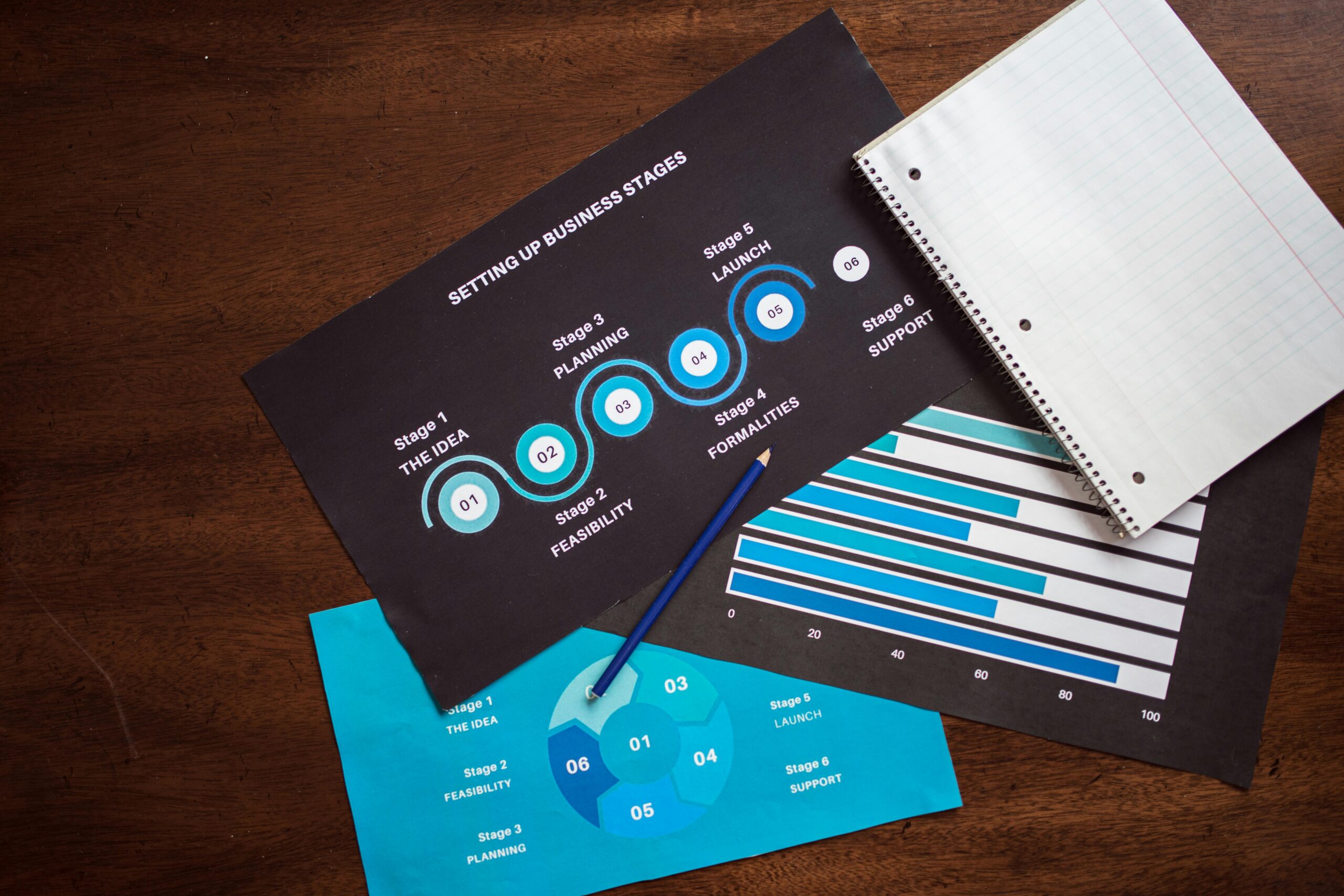How to Create Your Own Competitive Plan for 2025: Essential Steps to Get Started
Creating a competitive plan for your organization in 2025 is a strategic approach that can enhance your ability to launch your own competition plan and engage participants effectively. In today’s fast-paced environment, having a well-defined contest framework that is adaptable to changing market conditions is crucial for success. This article will guide you through essential steps to start a competition strategy, allowing you to foster participant motivation and enhance their experience.
Throughout this guide, we will cover key aspects such as defining competition objectives, setting clear contest rules, and promoting your competition actively. Additionally, we’ll explore innovative contest formats, digital tools to leverage, and ways to measure participant satisfaction. By focusing on these elements, you’ll be well-equipped to develop a competitive strategy that aligns with your organization’s goals and aspirations for 2025.

Define Competition Objectives for Success
Building your competition compliance starts with a clear understanding of your objectives. Identifying what you want to achieve through your contest sets the foundation for all subsequent actions. Ask yourself, what are the key outcomes you anticipate from organizing a competition? Your objectives could range from increasing brand awareness, engaging your target audience, driving sales, or gathering insightful feedback.
Set Clear Goals and Metrics
When defining competition objectives, it’s essential to establish clear goals and metrics that can help you measure success. Consider framing your goals using the SMART criteria—Specific, Measurable, Achievable, Relevant, and Time-bound. For example, a goal to “increase social media followers by 20% through a competition” illustrates clarity in intent and enables assessment of outcomes effectively.
Understand Your Target Audience
Your objectives will heavily depend on your understanding of your target audience. Utilize demographic data, feedback collection methods, and market research to create profiles of your ideal participants. Knowing who you are targeting will help you structure the whole contest framework and tailor your promotional materials effectively.
Align Objectives with Resources
Before proceeding with the competition planning, ensure that your defined objectives are aligned with your available resources. This includes financial resources, human capital, and technological tools. By assessing resource availability against your ambitions, you can realistically frame your plans without overreaching.
With a thorough understanding of your competition objectives, let’s move on to creating an effective contest framework.
Create a Contest Framework That Engages
A solid contest framework is key to organizing a winning contest. It dictates how participants will engage with your competition and sets the overall vibe for the event. Understanding the fundamental elements of this framework is crucial for fostering participant motivation and ensuring inclusivity.
Establish Contest Rules Clearly
Clear and concise contest rules are fundamental for transparent contest management. Participants should understand the parameters of your competition, including eligibility requirements, entry procedures, deadlines, and judging criteria. This transparency not only builds trust but also ensures that participants feel respected and informed.
Design an Inclusive Participation Process
Inclusivity in contests encourages engagement from diverse audience segments. Consider designing a participation process that accommodates various skill levels and backgrounds. Explore different ways to allow people to participate—be it through creative submissions, voting, or contributions to a community project.
Leverage Digital Tools for Competitions
In a digital era, utilizing online contest platforms can significantly enhance your project’s reach and effectiveness. Tools such as social media for promotional contests, specialized contest management software, and audience engagement platforms can streamline processes and optimize participant interactions. Taking advantage of these technologies also maximizes competition visibility.
Having established a contest framework, we can now delve into promoting the competition actively.
Implement Effective Contest Promotion Strategies
Once the framework is in place, the next step is to actively promote the competition. Effective contest promotion can substantially improve participation rates and increase awareness about your contest. This section outlines strategies to ensure your competition grabs the attention it deserves.
Utilize Social Media for Promotional Campaigns
Social media platforms are powerful tools for promoting contests. Engaging visuals, captivating content, and interactive posts can drive participant interest and encourage shares among wider audiences. Collaborating with influencers can also extend your reach, fostering community-building through contest participation. Always tailor your content to resonate with your target audience, focusing on engagement to maximize impact.
Create Compelling Promotional Materials
Investing time in crafting promotional materials that communicate the contest’s purpose and value can pay significant dividends. Use email newsletters, blog posts, and visual content to create excitement. Consider providing promotional giveaways that compel users to engage with the competition. Each promotional material should clearly articulate the competition rules and how participants can join.
Collaborate with Brand Partners
Strategic partnerships with other brands can bring new exposure to your contest. By pooling resources for promotional campaigns, you can reach a broader audience while sharing costs and enhancing credibility. Consider co-hosting campaigns or cross-promoting contests to leverage collective audience engagement.
With robust promotion efforts in place, it’s crucial to assess competition outcomes and gauge success effectively.
Assess and Analyze Competition Outcomes
The final step in your competitive planning journey is assessing the outcomes of the competition. This includes evaluating metrics, analyzing participant feedback, and understanding overall success. Comprehensive analysis will help build a foundation for continuous improvement and effective competition planning for the future.
Monitor Contest Metrics and Evaluation
After your competition ends, it’s important to gather contest metrics—these may include participant numbers, social media impressions, and engagement rates. Evaluating these statistics will provide insights into what worked well and areas requiring improvement. Such quantitative data can serve as a valuable resource for future contests, allowing you to refine competition processes.
Gather Insights from Participant Feedback
Incorporating feedback is critical in understanding participant experiences and satisfaction. Employ sentiment analysis of participant responses to gauge general feelings towards the competition. Encourage participants to share their thoughts through surveys or feedback collection methods; this narrative will be instrumental in enhancing future engagement strategies.
Implement Strategic Enhancements for Future Contests
Based on the evaluation of both metrics and participant feedback, develop a strategies document that outlines potential improvements and initiatives for upcoming contests. This document should reflect adjustments in rules, promotional tactics, prize offerings, or even the contest format itself, ensuring that future competitions resonate more effectively with your audience.
Conclusion
Creating your own competitive plan for 2025 entails understanding your objectives, establishing a contest framework, promoting it actively, and assessing outcomes effectively. Embracing these essential steps, combined with leveraging digital tools and community engagement strategies, will set you on a path towards creating a successful competition. For further reading about effective strategies in contest management and promotion, visit here and here.
